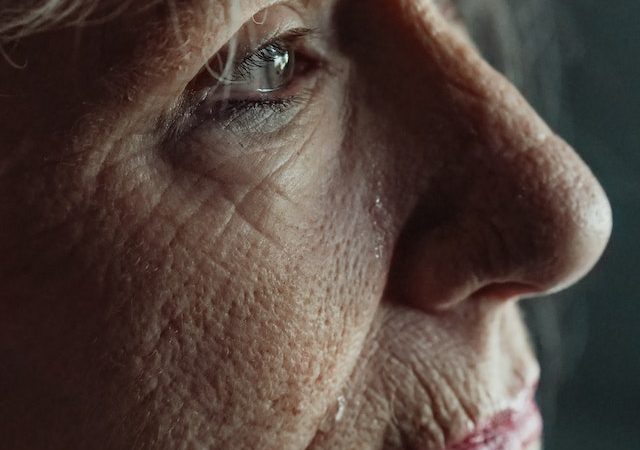Introduction: The notion that oily skin ages better than other skin types has been circulating for years. It suggests that the excess sebum production in oily skin provides natural moisture and protection, leading to fewer wrinkles and signs of aging. However, is there any truth behind this belief? In this article, we will debunk the
Introduction:
The notion that oily skin ages better than other skin types has been circulating for years. It suggests that the excess sebum production in oily skin provides natural moisture and protection, leading to fewer wrinkles and signs of aging. However, is there any truth behind this belief? In this article, we will debunk the myth and explore the relationship between oily skin and the aging process to determine whether oily skin truly ages better.
Understanding Oily Skin:
Oily skin is characterized by the overproduction of sebum, the skin’s natural oil. This excessive sebum production can result in a shiny complexion, enlarged pores, and a predisposition to acne breakouts. Oily skin is often associated with genetics, hormonal factors, and environmental influences.
The Aging Process and Oily Skin:
1. Wrinkles and Fine Lines: While it is true that oily skin tends to show fewer visible wrinkles and fine lines in the early stages of aging, it does not mean that oily skin is immune to the aging process. Oily skin can still develop wrinkles and fine lines over time, although they may appear less pronounced initially due to the presence of natural oils that can temporarily fill in the skin’s crevices.
2. Collagen Breakdown: Oily skin does not provide inherent protection against collagen breakdown, a key factor in the aging process. Collagen is responsible for maintaining the skin’s firmness and elasticity. Over time, factors such as sun exposure, genetics, and lifestyle choices can contribute to collagen degradation, leading to sagging and loss of elasticity regardless of skin type.
3. Environmental Factors: Environmental aggressors, such as UV radiation and pollution, can accelerate the aging process. They can damage the skin’s structure, leading to the formation of wrinkles, age spots, and uneven skin tone. Oily skin, just like any other skin type, is susceptible to the damaging effects of these external factors.
4. Post-Acne Scarring: Oily skin is more prone to acne breakouts, which can result in post-inflammatory hyperpigmentation or scarring. These marks can give the illusion of aging or uneven skin texture. Addressing acne properly and avoiding picking or popping pimples can help minimize the risk of scarring.
Skincare Recommendations for Oily Skin:
1. Gentle Cleansing: Use a mild, non-comedogenic cleanser to remove excess oil and impurities without stripping the skin. Harsh cleansers can disrupt the skin’s natural balance and potentially trigger more oil production.
2. Oil-Free Moisturization: Even oily skin needs hydration. Opt for lightweight, oil-free moisturizers that provide hydration without clogging pores.
3. Sun Protection: Apply a broad-spectrum sunscreen with an SPF of 30 or higher daily, regardless of skin type. Protecting the skin from UV radiation is crucial in preventing premature aging and reducing the risk of skin damage.
4. Consistent Exfoliation: Regular exfoliation helps remove dead skin cells and unclog pores, preventing acne breakouts and promoting a smoother complexion. Choose gentle exfoliants suitable for oily skin, such as chemical exfoliants containing salicylic acid.
5. Treatment for Specific Concerns: If you have oily skin and specific concerns such as acne, hyperpigmentation, or signs of aging, consider targeted treatments. Consult with a dermatologist to determine the most appropriate and effective options for your skin.
Conclusion:
The idea that oily skin ages better is a myth. While oily skin may initially exhibit fewer visible wrinkles and fine lines, it does not provide immunity to the aging process. Oily skin can still experience collagen breakdown, environmental damage, and the formation of wrinkles and age spots over time. It is important to care for oily skin appropriately, following a consistent skincare routine that addresses its specific needs. Everyone, regardless of skin type, can benefit from proper skincare practices and protection against the factors that contribute to aging.

















Leave a Comment
Your email address will not be published. Required fields are marked with *